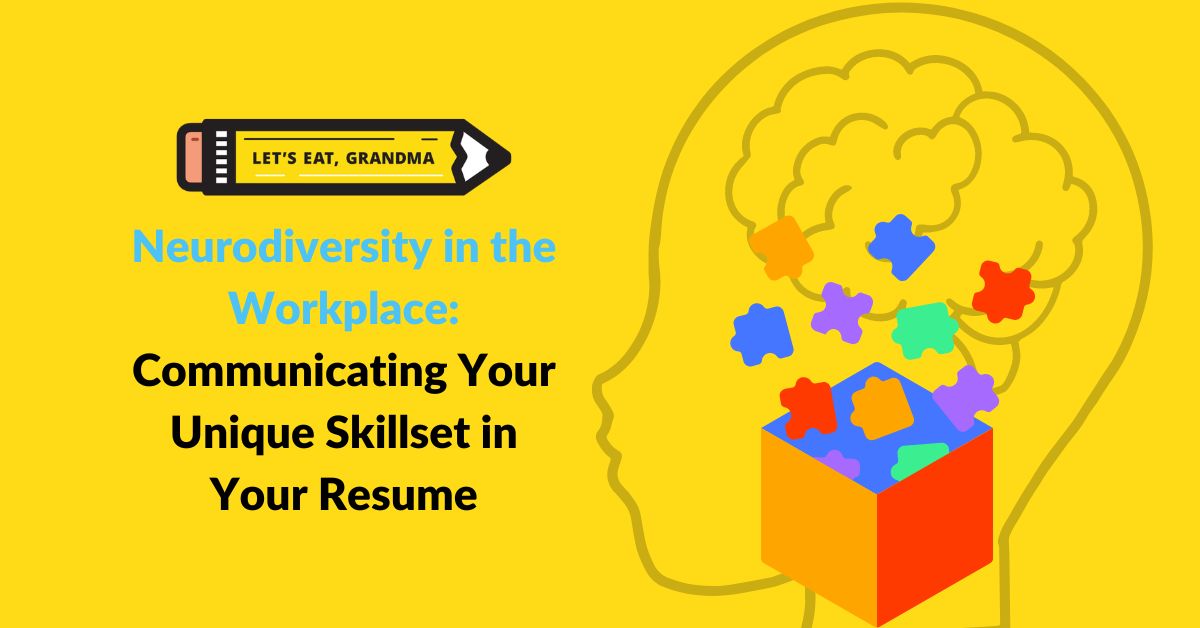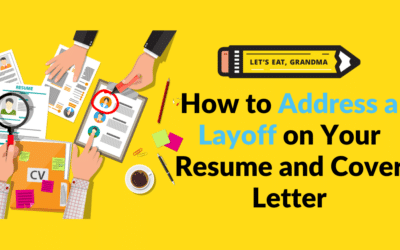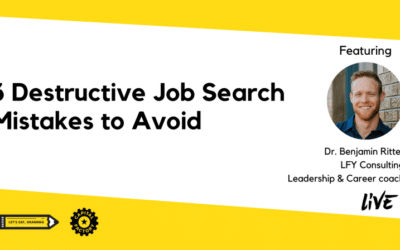Professional neurodivergent voices are getting louder. As more folks discover themselves and are empowered to be authentic, fewer are hiding behind their neurotypical masks–and all industries are better for it. Despite the stigma of perceived lower intelligence and hyperactivity, neurodivergent folks have strengths that can transform and elevate both team and independent working environments.
For the purposes of this blog, I use neurodivergence to refer to any “non-typical” cognitive processes, such as ADHD, autism, dyspraxia, and dyslexia (and its lesser known numerical counterpart, dyscalculia.) Whereas neurotypical people think and behave in a way that is considered “normal,” or “typical,” neurodivergent people engage with the world differently. As our behaviors, however harmless, are unfamiliar to the larger neurotypical population, we’re often seen as difficult, rude, or just plain inconvenient.
Because of this stigma, neurodivergent folks often find themselves at a disadvantage in the recruitment process. The unspoken social nuances, combined with the fact that we’re taught to hide our neurodivergent traits instead of embrace them, makes it difficult to present our professional selves fully and authentically. We’re constantly adjusting our behaviors, down to the tone of our voice, to make others more comfortable.
If you’re unsure how the tone of your resume reads, have one of our writers give it a free critique.
Neurodivergent jobseekers are just as capable as their neurotypical peers. It’s getting a foot in the door that’s the problem. Before you can play the job hunting game, you have to learn the rules. First, let’s dig into the ways neurodiversity can enhance a company. Then, we’ll go over how to demonstrate your neurodivergent strengths on your resume to prove your professional competence.

Photo by Surface on Unsplash
How can neurodiversity be useful in the workplace?
Neurodivergent people have a host of skills that are valuable to professional environments. To start, we inherently have a different perspective than neurotypical people. This means we approach problems from other angels, and often come up with different creative solutions. New answers lead to fresh innovations, improved processes, and revolutionary products.
Additionally, neurodivergent workers have the ability to concentrate (or “hyper-focus”) on a project when we are interested in the topic. While its difficult to motivate ourselves to complete tasks that don’t intellectually stimulate us, we can create groundbreaking work in a short time when it comes to our special interests (or “hyperfixations”).
Because many neurodivergent people are introverted and easily overstimulated by sound, we are often highly skilled at working independently. By accomplishing tasks well and with little supervision, we can save hours of work and establish ourselves as self-motivated and dedicated employees. Attention to detail, accuracy, and great long-term memory about even the nichest of topics are also common neurodivergent skills that support a highly productive work environment.
These are just a few common ways that neurodivergent folks help a company thrive. You don’t have to stick to this list or try to make your own experience fit this mold – no neurodivergent experience is one-size-fits-all. While it’s easier said than done, you need to draw from your own successes to showcase your unique strengths. Let’s go over some strategies on how best to do this.
How can you put neurodiverse skills on a resume?
It’s easy to show someone what you can do, but it’s often a lot harder to explain it to them over a formal document like a resume.
(If you find yourself getting frustrated and overwhelmed, take a step away and come back later with fresh eyes.)
The trick to putting your neurodivergent skills on a resume is figuring out what the company wants in a candidate and translating your strengths into those keywords. It’s similar to using transferable skills to help you secure a job in a new field.
Before you identify your own skills, read the job description and identify the keywords used. This will help you establish what the employer is looking for so you can present your skills in the most relevant way possible.
For example, let’s say a company is looking for someone with impeccable attention to detail. If you always make sure the smallest facets of a project is perfect, you should make sure the key phrase attention to detail high up on your list of skills, as opposed to “perfectionism” or “hyper-awareness.”
Alternatively, if you repeatedly switch between tasks, past employers or educators may have referred to you as hyperactive or distractible. However, this actually makes you a great multitasker who can manage several projects simultaneously without compromising quality.
Here are a few more common neurodivergent strengths often found in job descriptions:
- Organization
- Accuracy
- Focus
- Analytical thinking
- Creative problem-solving
- Multitasking
- High achievement
- Pattern recognition
- Long-term memory
If you find it hard to think about your own skills, don’t be afraid to ask a friend, family member, or trusted colleague about your unique neurodiverse strengths. You might be surprised with what you learn about yourself. When discussing potential skills to include with one neurodiverse client, I learned they maintained a color-coded schedule for over a dozen employees to maintain adequate staff for workflow needs. In addition to scheduling, we added pattern recognition, organization, and creative problem-solving to their skill list.
It’s important to remember that everyone’s neurodiversity looks different. Don’t just put down the traits you think an employer wants to hear. Be honest about your particular strengths, and don’t oversell proficiency in your weaknesses.
For example, if I were to rank my strengths based on this list, pattern recognition would be very low, so I wouldn’t put it on a resume. However, I tend to explain concepts as thoroughly as possible, because I often have trouble understanding something unless I have all of the details. This proficiency leads me to put verbal and written communication at the top of my list of skills.

Photo by Microsoft 365 on Unsplash
Neurodiverse resume tips and tricks
While you’re probably eager to incorporate these keywords into your resume, don’t start just yet. There are a few other things to keep in mind when crafting a successful resume.
Make sure you stay focused and concise when describing your accomplishments. It can be incredibly tempting to hyperfixate on every facet of a project you were involved in, but it’s important to keep each bullet point focused and digestible. Make sure you start each point with an action verb and end it with the impact of your work. You can dive into the details of the project on your cover letter, and even more so when you land the interview.
In the same vein, don’t make your resume too long. You might not be able to fit every role and accomplishment on the document, and that’s okay. The resume is meant to function as a highlight reel of your career, not a close up look at each responsibility you’ve ever held. Instead of trying to include everything, make sure you include the greatest achievements of your career, as well as key accomplishments that fit what the job description is looking for.
Finally, make sure the resume is clear and streamlined. Don’t include graphics or columns. It may seem a bit hard to focus on to a hyperactive mind, but it will perform much better in applicant tracking systems and on the recruiter’s desk.
Do you have to explain your neurodiversity on the resume and in the workplace?

Photo by Christina @ wocintechchat.com on Unsplash
Legally, you do not have to tell anyone that you’re neurodivergent, regardless of a clinical diagnosis.
However, if you’re applying to a new position, or recently discovered your neurodivergence, you may be in need of accommodations. Disclosing your neurodivergence can help you get the assistance you need to function in the work environment. If you don’t disclose, you likely won’t receive additional breaks, sensory accommodations, and flexible work schedules as needed.
Ultimately, it’s a personal decision. It can help to do research on the employer to see if they mention a policy on accommodations, or reach out to a current employee to gauge how inclusive the company culture is.
Neurodiversity in the resume and workplace takeaways
No matter how open you are about your neurodivergence, embracing your unique traits and skills will strengthen your confidence and bring out the best in your work. Don’t let other undervalue you just because you think and act differently. You are an accomplished professional who is capable of amazing things.
If you need help translating your neurodivergent strengths into a great resume, don’t be afraid to ask for help.
The neurotypical sphere is hard to navigate. But with the right tools and accommodations, you can thrive in any company you choose, and drive its success to the next level.
Ready for more job search help?
Sign up for a free Senior Writer Resume Critique to see what’s holding you back from landing interviews. One of our top professional resume writers will give you personalized feedback on the top 3 items you can improve based on our expert practices!




